To provide the best experiences, we use technologies like cookies to store and/or access device information. Consenting to these technologies will allow us to process data such as browsing behaviour or unique IDs on this site. Not consenting or withdrawing consent, may adversely affect certain features and functions.
The technical storage or access is strictly necessary for the legitimate purpose of enabling the use of a specific service explicitly requested by the subscriber or user, or for the sole purpose of carrying out the transmission of a communication over an electronic communications network.
The technical storage or access is necessary for the legitimate purpose of storing preferences that are not requested by the subscriber or user.
The technical storage or access that is used exclusively for statistical purposes.
The technical storage or access that is used exclusively for anonymous statistical purposes. Without a subpoena, voluntary compliance on the part of your Internet Service Provider, or additional records from a third party, information stored or retrieved for this purpose alone cannot usually be used to identify you.
The technical storage or access is required to create user profiles to send advertising, or to track the user on a website or across several websites for similar marketing purposes.
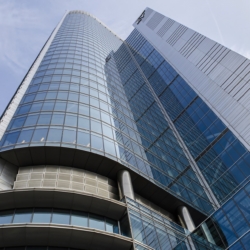 A new independent survey by Accumulate Capital suggests how the COVID-19 pandemic has affected UK businesses and their commercial property needs. The property development firm commissioned an independent survey of more than 500 senior decision-makers from businesses all over the UK and the majority believe there will be a need for downsizing to smaller office spaces in the future. More →
A new independent survey by Accumulate Capital suggests how the COVID-19 pandemic has affected UK businesses and their commercial property needs. The property development firm commissioned an independent survey of more than 500 senior decision-makers from businesses all over the UK and the majority believe there will be a need for downsizing to smaller office spaces in the future. More →






 Supported by its Green Building Councils and their members, the
Supported by its Green Building Councils and their members, the 







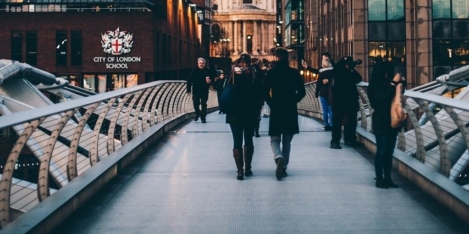





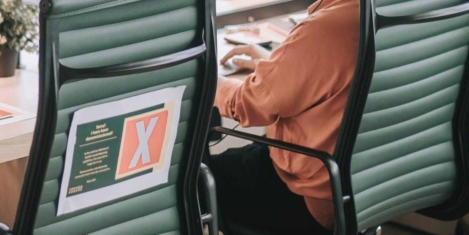
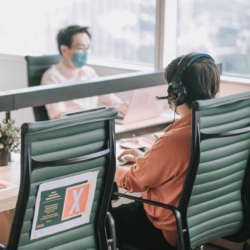
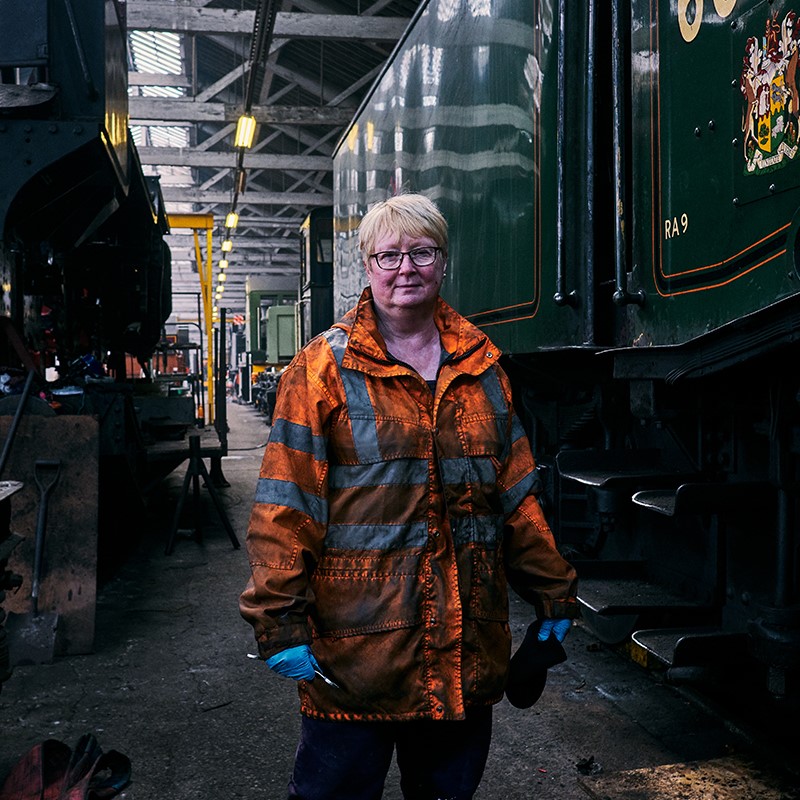










August 20, 2020
Working from home and the future of work. How quaint
by Mark Eltringham • Comment, Flexible working, Technology
More →